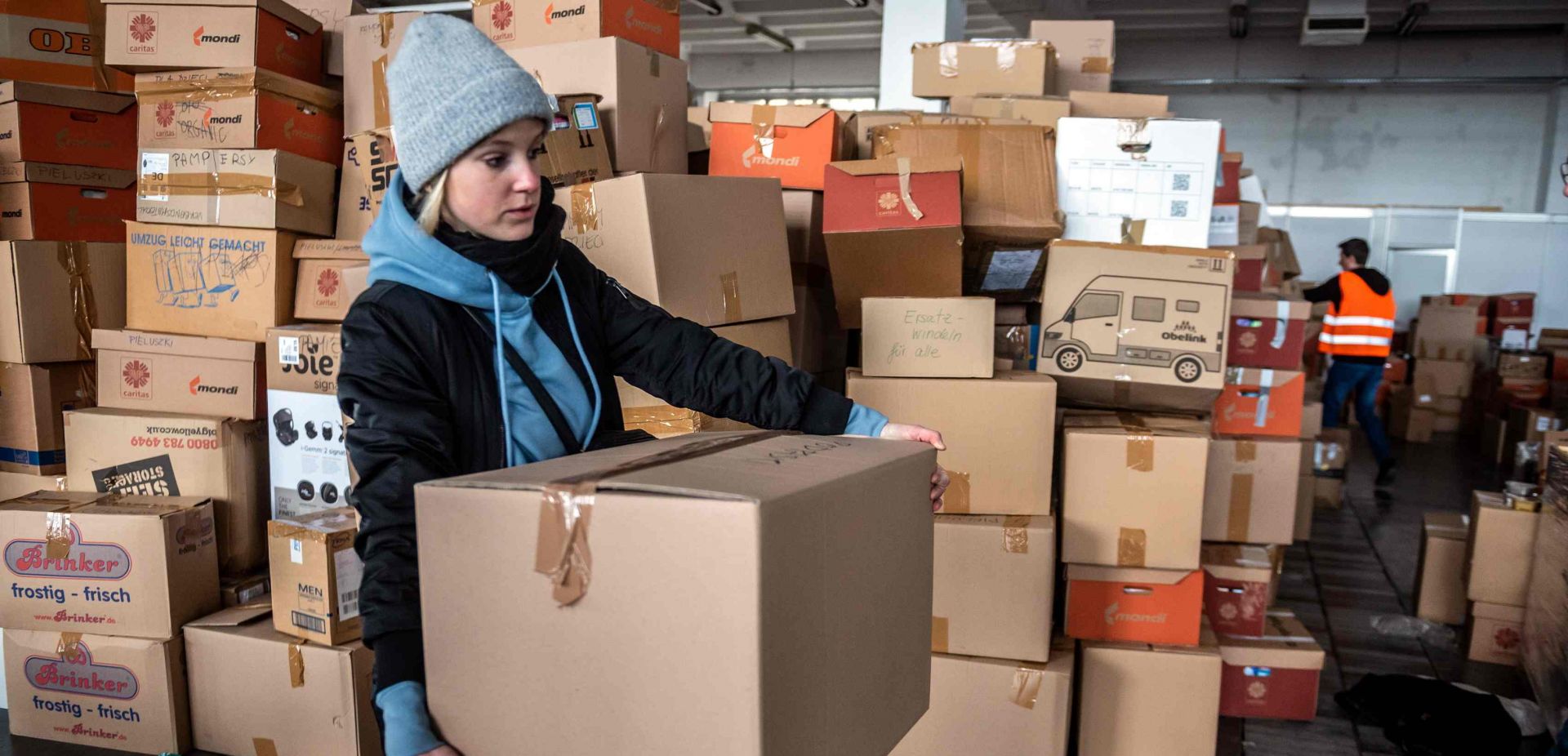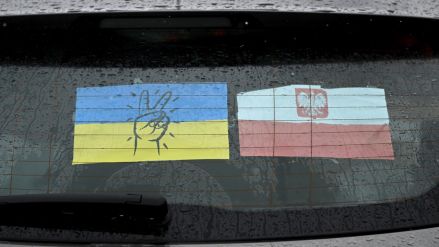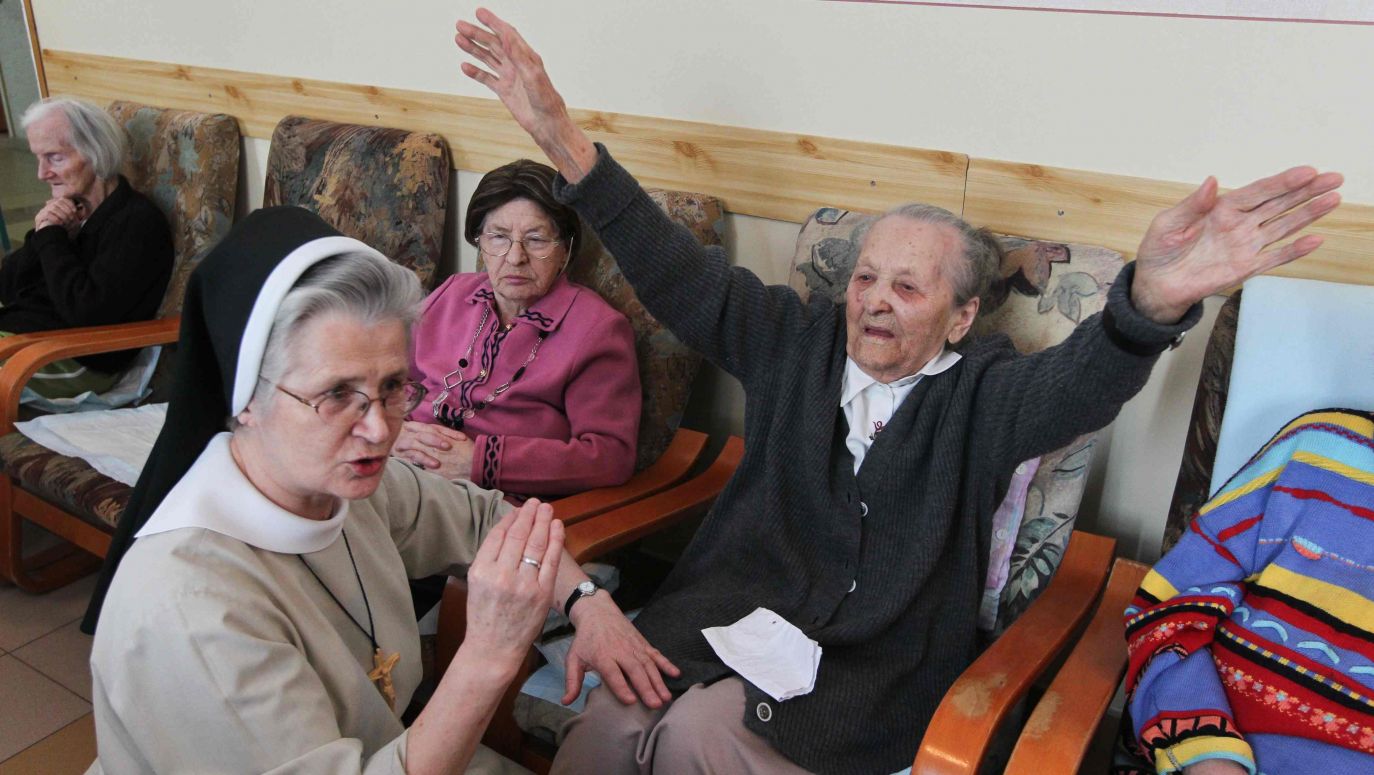In the Prussian partition, a landowner named Edmund Bojanowski (1814-1871) first set up orphanages for village children so that they could experience care and education, and then the Congregation of the Servant Sisters of the Blessed Virgin Mary, which carried out educational and charitable work in all three partitions - and is still active today.
During the First World War, Poles, above all women, wives and mothers, organised in countless Relief Societies and other parish structures, carried out continuous relief work, even though nobody was in a comfortable situation, there was hunger, disease and poverty.
And back to our times. Every day for the past two months, Radio WNET has broadcast a variety of programmes featuring people who are helping Ukraine and its citizens, and the specifics of this help. Two months have passed and there is no shortage of topics, and yet this is not the only radio station that reports on such actions. And not to boast, but to spread goodness, encourage others, inspire, support and build.
So where do the slanders come from that we are not a society that helps out of a deep, thoughtful and rationalised, based on religious or so-called humanistic beliefs, desire and will?
Dana Bash, a CNN journalist in an interview conducted on 7 April asks the President of Poland: "I would like to ask you about the issue of anti-Semitism throughout history in Poland. How does this relate to what Poles are doing to Ukrainians now? Poland has very painful memories of the Second World War, there were pogroms against Jews in your homeland before, there were concentration camps here during the Second World War, Jews were expelled from the country in 1968. Do you think that what Poles are showing now, this huge heart towards Ukrainians, is a certain attempt to repair these wrongs?"
I am full of praise for the fact that the President did not fall for these - truly wretched - ploys and calmly explained to the journalist, like an ill-educated child, what was and what is: that the concentration and death camps were the work of the German occupying forces, that 1968 was the work of the dictatorial Communist Party in power imposed by the Soviet system, and that the pogroms were organised by tsarist agents and their imitators. We have been going through these miserable journalistic outrages for a long time, but now the situation is too serious to shrug our shoulders at ignorance, deliberate malice or planned manipulation.
This was supposed to be a short column, not a systematic review of aid actions, activities, events, concerts, fundraising and meetings. That is why I do not present numbers, lists or names here. Sapienti sat, as the ancients say - and the vast majority of Poles know this too. It is not about making you feel better either, because in this matter everyone must answer for themselves. It is about something much bigger and more important - about saving people. And about the common good - of two nations.
– Barbara Sułek-Kowalska
– Translated by Tomasz Krzyżanowski
TVP WEEKLY. Editorial team and jornalists







